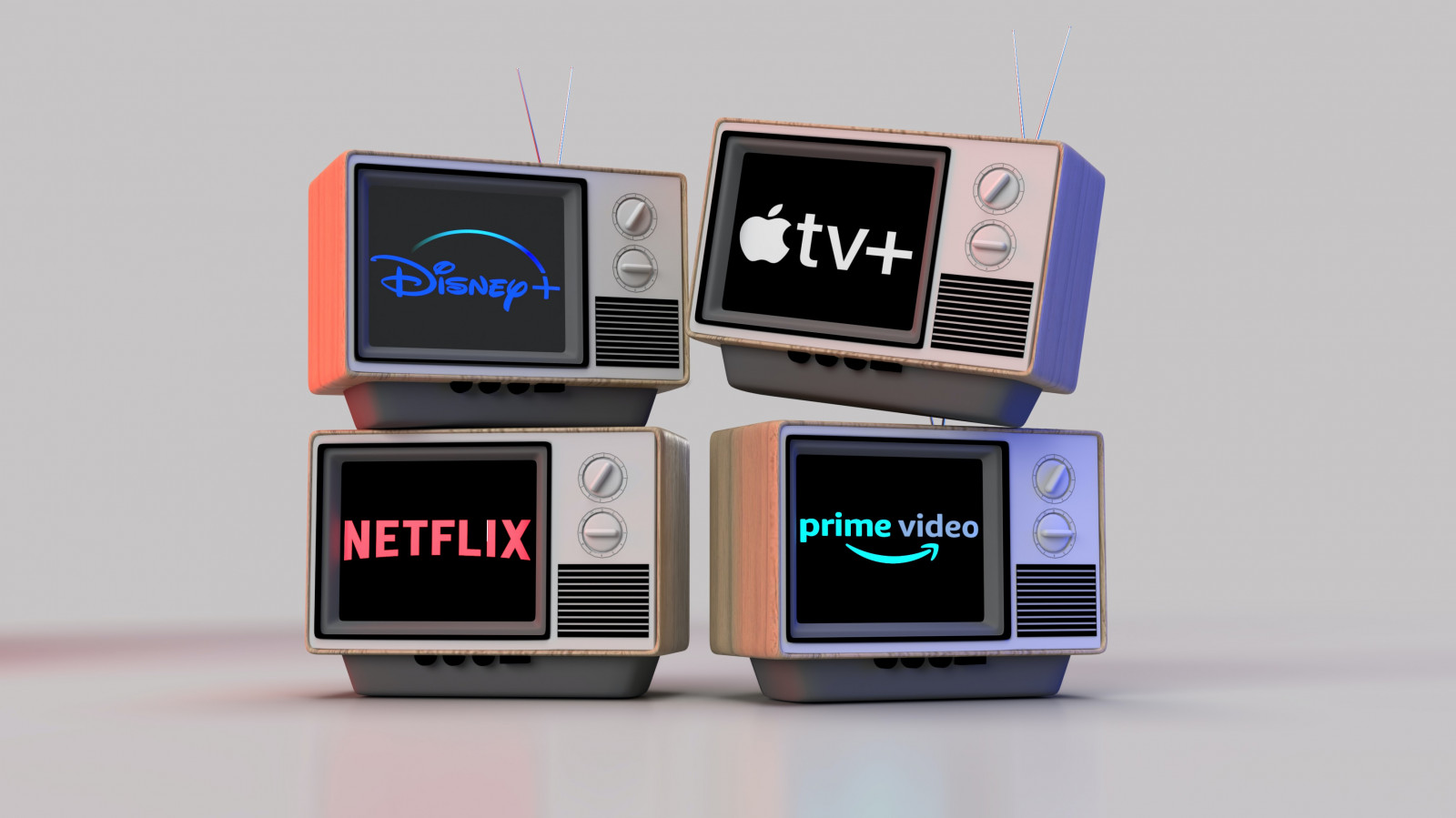Are streaming TV services poised to become pay TV channels in all but name?

Photo: Shutter Speed

The streaming TV landscape is changing rapidly. Leading entertainment industry executives are questioning every aspect of the subscription video on-demand (SVOD) model in pursuit of sustainable profits. There is an expectation that fewer new shows will be produced and there will be fewer movies and series kept exclusively streaming TV services’ walled gardens. Advertising is now the winning message with investors over subscription sign ups. Free ad-supported TV (FAST) channels have captured the industry’s attention as the best monetisation strategy.
Such shifts create uncertainty for services like Netflix, Disney+, and Apple TV+. These streaming TV offers are built around the ethos that their unique blend of exclusive shows justify both the cost and time investment when compared to traditional pay TV, social video, music, or gaming services. They want to draw subscribers into their ecosystems and retain them to binge watch movies and shows.
A Pay TV resurgence?
Yet, this approach is running counter to the direction of travel. Super aggregators spanning Comcast-owned Sky, Amazon’s Fire TV, and Google TV are positioning themselves as the gatekeepers of the streaming experience. They are making it increasingly difficult for SVOD services to keep viewers confined within their streaming apps. There are two reasons for this. Firstly, super aggregators are dramatically improving the user experience of streaming TV by facilitating easier content discovery across multiple services. For example, Sky’s new internet-powered TV service Stream uses voice-powered search through the remote control to pinpoint a show across multiple streaming TV services. Sky viewers can then save a series or movie to a playlist, allowing them to seamlessly shift between the shows they want to watch without switching applications. This experience is only a hairs breadth away from flicking between shows on a pay TV channel guide.
Featured Report
MIDiA Research 2026 predictions Change is the constant
Welcome to the 11th edition of MIDiA’s annual predictions report. The world has changed a lot since our inaugural 2016 edition. The core predictions in that report (video will eat the world, messaging apps will accelerate) are now foundational layers of today’s digital economy.
Find out more…What is concerning for Netflix, Disney+, and others is that, by solving the user experience problems faced by streaming TV, the super aggregators are now controlling the engagement. Sky, for instance, not only promotes its own original and exclusive content to subscribers, but minimises the time spent by viewers outside the Sky ecosystem. Some streaming executives may argue that as long some of their shows are still being watched by Sky viewers, it does not matter? However, in a retention era when in-app engagement time is key to justifying value for money to consumers, streaming TV services may find they have fewer opportunities to keep a viewer inside their walled garden if they are dipping in and out via a sophisticated super aggregator.
A FAST way to increase competition for streaming TV services
Secondly, super aggregators’ decision to embrace FAST channels intensifies the competition for viewer attention. Roku has more than 350 FAST channels, while Google TV has upwards of 800. Amazon announced at the beginning of May 2023 that it will be offering a new slate of FAST channels on its Fire TV aggregation service from brands such as Xbox, NHL, and TMZ. By offering FAST channels around streaming TV services on a user interface, super aggregators are encouraging viewers to perceive SVOD services as pay TV channels. The days of aggregators merely offering major streaming TV services like Netflix, Prime Video, Disney+, Apple TV+, and a handful of smaller niche SVOD offers are over. This environment adds to the pressure on streaming TV services to improve the user experience for viewers.
As highlighted by MIDiA Research, streaming TV services must demonstrate value by creating rich and diverse experiences around their most popular IP, Aimed at maximising fandom. Failure to do so will shift more power into the hands of super aggregators, and reducing streaming TV services to pay channels in all but name.

The discussion around this post has not yet got started, be the first to add an opinion.